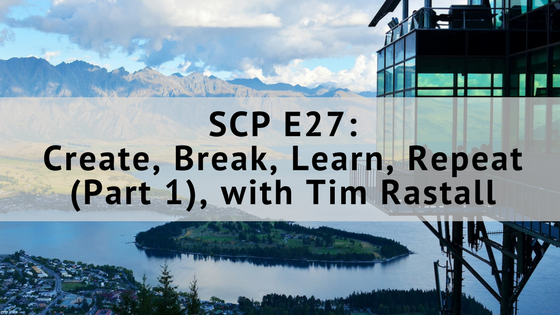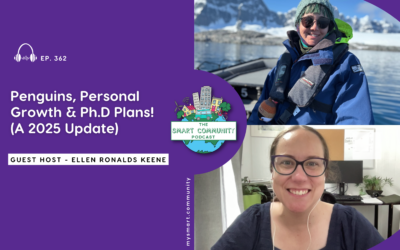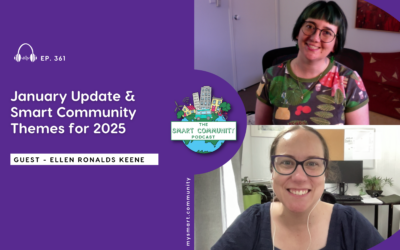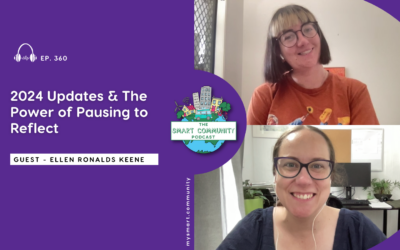In this episode of The Smart City Podcast, I interviewed technologist and creator Tim Rastall. I’ve broken this episode into two parts as we had so much to talk about. In this episode, Part 1, we talk about some of the exciting work that Tim has been doing and continues to do. Tim now has his own consulting practice ISE Consulting which focuses on IoT, machine learning and mixed realities. Tim and I discuss a number of different technologies and the emerging uses of these such as using audio technology for environmental research, we also discuss the pros and cons of NZ in the Smart City space. Part 2 of Tim’s episode will be the next episode out where you’ll hear the rest of our conversation about integrating across industry, government and academia, the importance of communication and some cool technologies that are emerging.
Listen here:
Quotes:
“what we discovered in the early stages of our work was that trying to get all the information onto a 2D map on a screen presented a lot of issues and one way to avoid this is by using three dimensional models of the city that you can navigate and interact with in a much more intuitive way”
“I’m very interested in how machine learning can be used to help cities get better at doing to some of the things they do at the moment”
“something that you are going to start seeing in the next few years is simulation systems that are going to allow cities to trial things that would be impractical in the real world…that still gives them a pretty good degree of understanding of what the outcomes are”
“[NZ cities] have all the features, traits, characteristics and problems of big cities but they are small, they are small enough to be able to roll something out. So to do something that would be prohibitively expensive and difficult in a big city is actually quite practical in NZ cities”
What we covered:
- Tim’s background the UK and NZ and love for tech and passion for creating
- Trialing things with NEC and Wellington City Council
- Building a better understanding using three dimensional modelling
- Machine learning and trialing things in a simulated environment
- Emerging uses for LiDAR and audio technology
- Using audio technology for environmental research
- The differences in bench and field trials and what needs to be considered
- Open data policies in NZ and the lifestyle of Wellington
- Why NZ cities make for good testing grounds
- Changes that are needed to move forward with Smart Cities in NZ
Links:
Wellington City Council https://wellington.govt.nz
Connect:
Connect with Tim via email tim.rastall@ise.nz, LinkedIn, Twitter @timrastall
Connect with me via email: hello@mysmart.community
Connect with My Smart Community via LinkedIn or Twitter and watch on YouTube
Podcast Production by Perk Digital






0 Comments